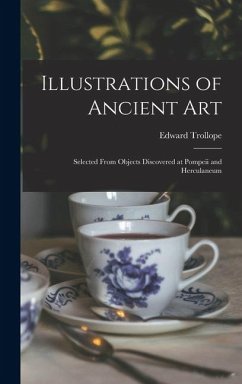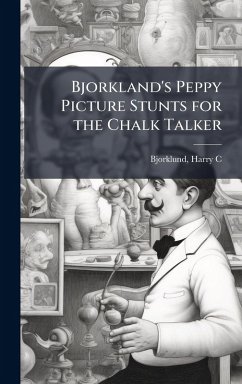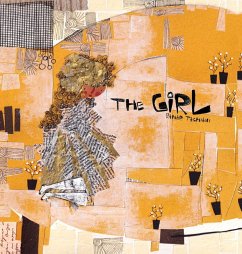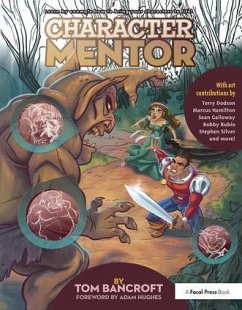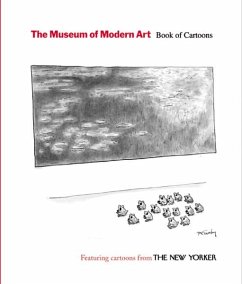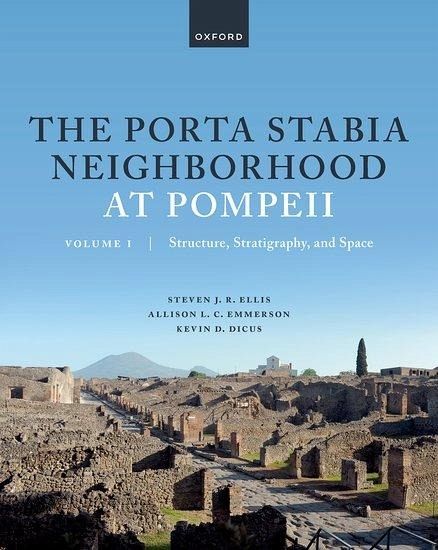
The Porta Stabia Neighborhood at Pompeii Volume I
Structure, Stratigraphy, and Space
Versandkostenfrei!
Versandfertig in über 4 Wochen

PAYBACK Punkte
97 °P sammeln!




This volume presents the results of archaeological excavations of the Porta Stabia neighborhood at Pompeii. It investigates two town blocks on the via Stabiana, comprising modest houses, shops, workshops, and food and drink outlets, describing and documenting the phased, structural development of this neighborhood from the 6th century BCE.
Steven J. R. Ellis is a Roman archaeologist with interests in ancient cities and urban life. He has directed the University of Cincinnati's excavations at both Pompeii (the 'Pompeii Archaeological Research Project: Porta Stabia') and Sardinia (the 'Tharros Archaeological Research Project'), and co-directed an urban survey at Isthmia, Greece. His previous books include The Roman Retail Revolution (Oxford 2018) and the edited volume The Making of Pompeii: studies in the history and urban development of an ancient city (Portsmouth RI 2011). He is Associate Professor of Classics at the University of Cincinnati. Allison L. C. Emmerson is a Roman archaeologist with particular interest in the margins of Roman cities - not only their physical edges and the distinct cultural and economic activities they attracted, but also the lives of residents marginalised both in antiquity and in modern scholarship. Her first book, Life and Death in the Roman Suburb (OUP 2020) was awarded the Archaeological Institute of America's Wiseman Book Award in 2022 . She is director of the Pompeii I.14 Project and Associate Professor in the Department of Classical Studies at Tulane University. Kevin D. Dicus received his PhD from the Interdepartmental Program of Classical Art and Archaeology at the University of Michigan (2011). His is associate professor of Classics at the University of Oregon, teaching the archaeology of the ancient Mediterranean world as well as Latin and literature courses. His primary interest is the archaeology of Italy during the mid- to late-Republican period. Other interests include material culture theory, formation processes in the archaeological record, the sacred landscape of the Tolfa Mountains north of Rome, and waste management strategies in ancient urban settings.
Produktdetails
- Verlag: Oxford University Press
- Seitenzahl: 780
- Erscheinungstermin: 27. Oktober 2023
- Englisch
- Abmessung: 269mm x 234mm x 66mm
- Gewicht: 2381g
- ISBN-13: 9780192866943
- ISBN-10: 019286694X
- Artikelnr.: 68056151
Herstellerkennzeichnung
Libri GmbH
Europaallee 1
36244 Bad Hersfeld
gpsr@libri.de
Für dieses Produkt wurde noch keine Bewertung abgegeben. Wir würden uns sehr freuen, wenn du die erste Bewertung schreibst!
Eine Bewertung schreiben
Eine Bewertung schreiben
Andere Kunden interessierten sich für


